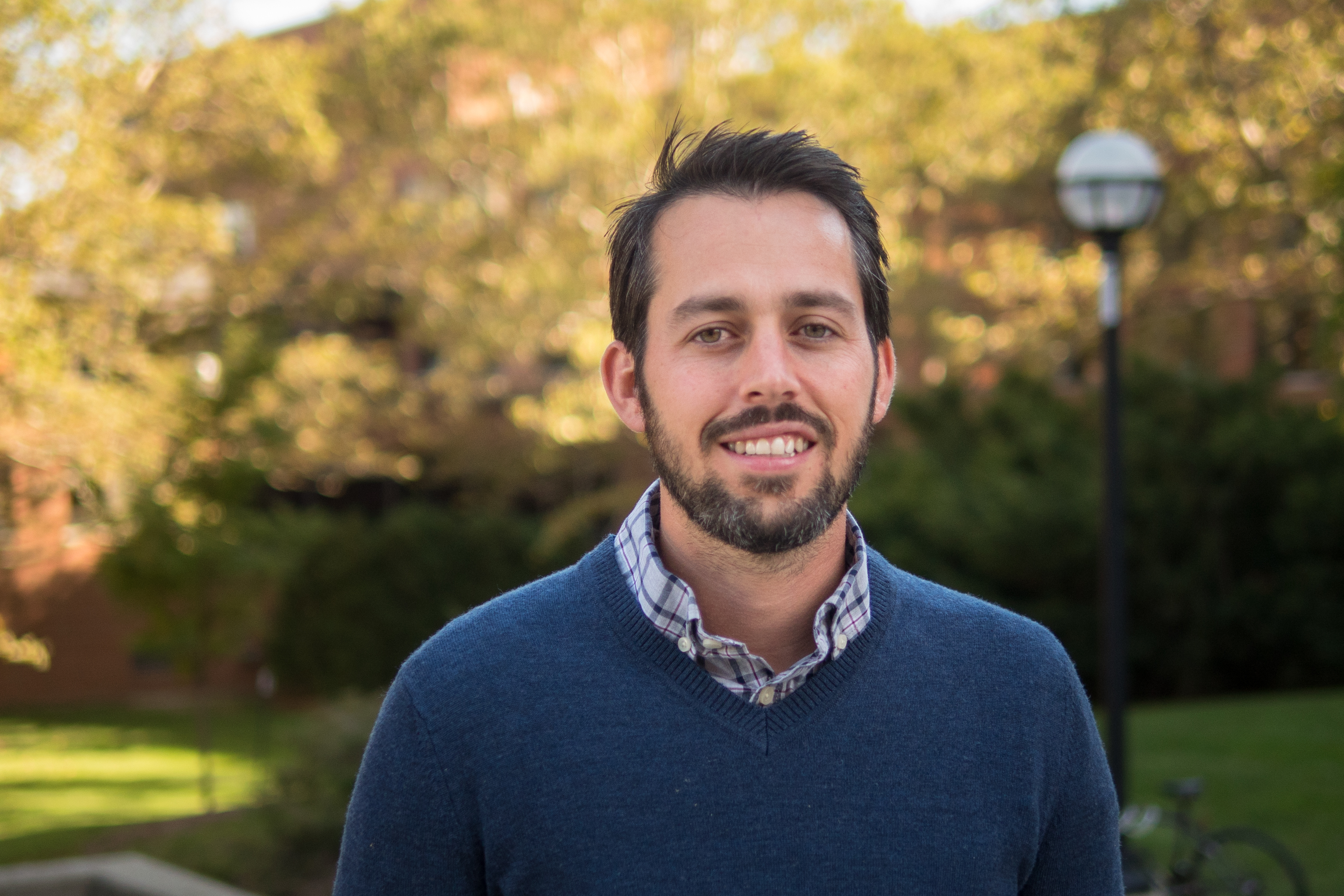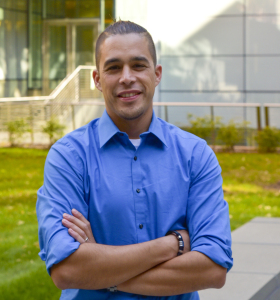Increased Immigration Enforcement and Anti-Immigrant Rhetoric Has Potential ‘Chilling Effect’ on Health Care Access

Paul Fleming and William Lopez
Assistant Professor, Health Behavior and Health Education | Postdoctoral Scholar, National Center for Institutional Diversity and Michigan Public Health
In March 2017, a commentary in the New England Journal of Medicine described the "chilling effect" of increased immigration enforcement. That is, with the growing fear of arrest, detention, and deportation under the Trump administration, many members of immigrant communities no longer feel able to seek the health care to which they are entitled. Our research partners in Southeast Michigan have anecdotally noted similar behavior changes among immigrant patients and their families.
The new federal administration has increased the number Immigration and Customs Enforcement (ICE) officers making arrests in our region. Comparing 2017 statistics to 2016 statistics, the Detroit-based ICE office reports a 44 percent increase in immigrant detentions and more than triple the number of non-criminal immigrants detained. While the Obama administration—which deported a record number of undocumented immigrants—typically focused on deporting immigrants with serious criminal records, the Trump administration targets immigrants more broadly and frequently detains other undocumented people they encounter while looking for their intended target (ICE officials call these "collateral arrests"). These expanded immigration detention efforts—and the anti-immigrant rhetoric supporting them—have spread fear throughout immigrant communities. This fear greatly impacts daily life, as undocumented community members often avoid the doctor, the grocery store, and sometimes even school.
Even before immigration enforcement increased with the new administration, prior research has shown that undocumented immigrants have less access to health care when compared to non-immigrants and immigrants in the country legally. A study conducted after Alabama implemented a strict immigration law showed that visits to county public health clinics decreased by nearly 25 percent among Latino adults after the law went into effect. Our own prior research in Washtenaw County, Michigan, showed that a targeted immigration raid by ICE led to increased anxiety about deportation and lower self-rated health among Latino community members.
Federally Qualified Health Centers (FQHCs) have an important role to play to overcome these potential barriers to health and social services that members of immigrant communities face. As part of their eligibility to receive federal funding, FQHCs help clients obtain Medicare, Medicaid and WIC, and offer primary care services at a sliding-scale fee to uninsured and underinsured patients. Research conducted in 2013—prior to recent changes in immigration enforcement and anti-immigrant rhetoric—found that FQHCs were a key resource for undocumented Latino immigrants, as the long-standing outreach efforts of FQHCs tend to build trust that allows them to overcome barriers related to immigration enforcement.
We are grateful to have recently received pilot funding from the University of Michigan Poverty Solutions to study these issues. Our project is a collaboration between CHASS—an FQHC in southwest Detroit—and our University of Michigan-based team. Together, we aim to explore the ways in which FQHCs can support the immigrant communities they serve, especially in the context of increased immigration enforcement and fear. Through this collaboration, we hope to co-create guidelines for FQHCs nationwide to ensure that those in our communities who fear deportation are still able to access the vital health and social services that keep them and their families healthy, happy, and whole.
By examining the ways in which federal and state immigration policies affect health care access among immigrant communities, we hope this research can inform future efforts at immigration reform and shine a light on systems of injustice that damage the health of marginalized communities.
- Read about Poverty Solutions at the University of Michigan.
- Find out how CHASS is helping underserved immigrant populations in Detroit.
- Learn more about Health Behavior and Health Education at Michigan Public Health.
- Interested in public health? Learn more here.
About the Authors
 Paul Fleming is an assistant professor of Health Behavior and Health Education at the University
of Michigan School of Public Health. His mixed-methods research focuses on the root
causes of health inequities, with a particular focus on developing and evaluating
interventions to address them.
Paul Fleming is an assistant professor of Health Behavior and Health Education at the University
of Michigan School of Public Health. His mixed-methods research focuses on the root
causes of health inequities, with a particular focus on developing and evaluating
interventions to address them.
 William D. Lopez is a postdoctoral scholar at the National Center for Institutional Diversity and
School of Public Health at the University of Michigan. Lopez received his PhD in Health Behavior and Health Education from Michigan Public Health in 2017. He uses
both quantitative and qualitative methods to investigate the effects of immigration
policy on Latino mixed-status communities, specifically considering the health effects
of immigration raids. His current research focuses on improving access to health care
resources among mixed-status communities in an era of increasing immigration law enforcement.
He is working on a book project based on the interviews of community members involved
in a collaborative immigration raid.
William D. Lopez is a postdoctoral scholar at the National Center for Institutional Diversity and
School of Public Health at the University of Michigan. Lopez received his PhD in Health Behavior and Health Education from Michigan Public Health in 2017. He uses
both quantitative and qualitative methods to investigate the effects of immigration
policy on Latino mixed-status communities, specifically considering the health effects
of immigration raids. His current research focuses on improving access to health care
resources among mixed-status communities in an era of increasing immigration law enforcement.
He is working on a book project based on the interviews of community members involved
in a collaborative immigration raid.
